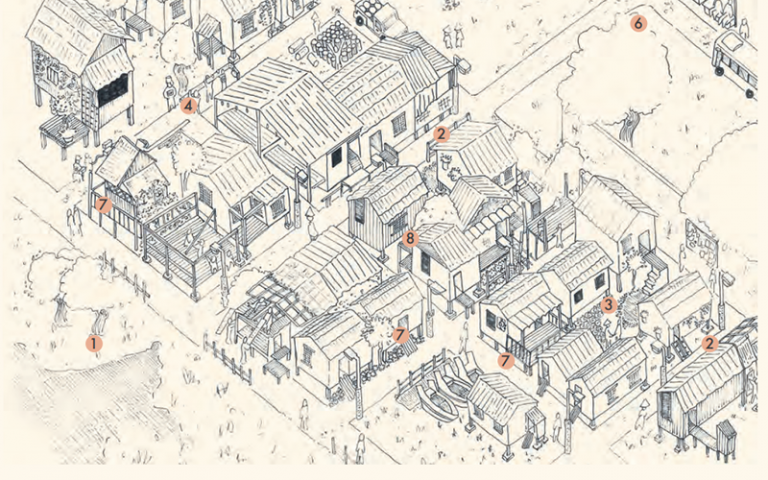
Refugees and the politics of urban space
A series of projects conducted within the Bartlett Development Planning Unit of the University College of London aim to shed light on how governments, host communities and aid agencies are challenged by myths of refugees as subjects and spaces.
The refugees and the politics of urban space includes the following research projects:
Borders and camps
Makeshift camps, created in various and dynamically changing locations across Europe (near and within cities, ports, forests, borders), have become an integral part of the so-called current refugee crisis. This collaborative preliminary step between DPU in partnership with Cambridge University and others civil society groups, aimed to set a possible action-research agenda around the complex territory of camp-city and the manifold dimensions of cosmopolitanism, refuge and migration. The research was supported by the urban transformations and the diversity, social complexity & planned intervention research clusters at DPU (2016).
The Cities of Refuge platform aims to stimulate and demystify the ways in which the current refugee wave has been represented in Europe, particularly by bridging insular experiences into a wider continental dialogue. The platform is a systematic repository of data and information made available by governments, international agencies and NGOs. The research was supported by the Bartlett Research Materialisation Grant (2016-2018)
Infrastructure of care
Formal and informal spaces of displacement and refuge along with the ever-changing infrastructures of care and provision often destabilise the dichotomy between the city and camp and the meaning of concepts such as shelter and relief. This in turn suggests a re-thinking of how figures such as the forced migrant and the aid worker are understood. While foregrounding the role of space, this initiative takes as a starting point the infrastructures of care which are varyingly understood as spatial, human, material and institutional mechanisms of support and agency, as well as of control and restriction.
From emergency to integration: housing and meaningful lives
Housing has recently emerged as ‘an essential step on the integration path and a precondition for the full enjoyment of social and civil rights’ (Bolzoni et al, 2015:1) While there seems to be an agreement on the role of housing as a tool for promoting integration, there is a less clear appreciation on how to make it effective at the local level. The desk review conducted for the project Curing the Limbo (Urban Innovation Action) identifies and analyses global affordable housing practices in order to show the possibility of application to the case of Athens’ registered refugees moving from state-led accommodation to independent housing.
Designing for inclusive cities. Refugee reception and housing practices in the Mediterranean context
This is an ongoing investigation into accommodation and integration policies and practices responding to the current change in the pattern of forced displacement in the Mediterranean region. Particularly, it confronts policy frameworks in Greece and Italy, two of the major entry points to Europe, in the attempt to establish a dialogue and the possibility for a translocal learning. By examining existing forms of dwelling, as well as identifying the potential impact of novel housing strategies and legal frameworks, the ongoing collective exploration wishes to address how participatory planning could better support the long-term inclusion of refugees.